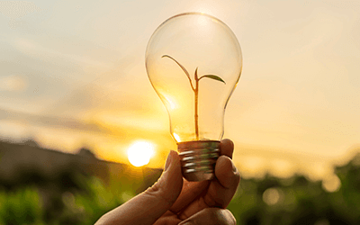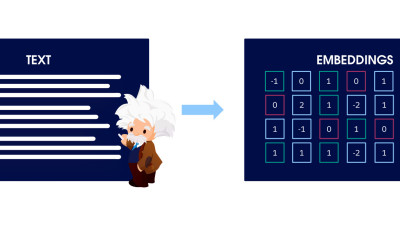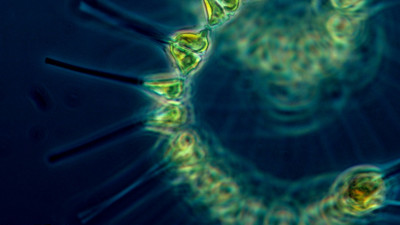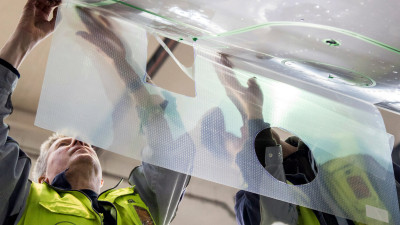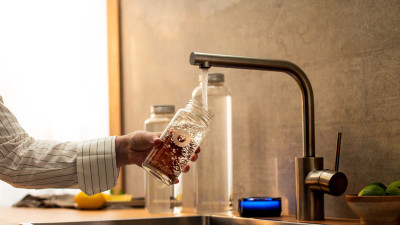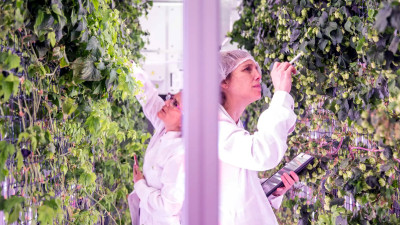Microsoft founder Bill Gates recently took a leap of faith when he personally put the latest technology for wastewater processing to the ultimate test — by drinking water produced from recycled human sewage.
Bill Gates Tastes Proof of Latest Breakthrough Concept in Wastewater Treatment
Microsoft founder Bill Gates recently took a leap of faith when he personally put the latest technology for wastewater processing to the ultimate test — by drinking water produced from recycled human sewage.
As Gates detailed on his blog last week, the OmniProcessor, designed and manufactured by Janicki Bioenergy, uses sewer sludge as its input and produces clean water, electricity and ash. With the potential to address two urgent global issues simultaneously — sanitation and clean drinking water shortages — the OmniProcessor offers hope to revolutionizing wastewater treatment solutions. The process is based on traditional waste incineration principles, but with key tweaks that could make it an affordable solution across the world.
Unlike many other incineration processes, the new technology is considered environmentally clean. By operating at temperatures of 1000 degrees Celsius, it meets all of the US government’s environmental standards, including odor and air particulate concentrations. The water produced also meets World Health Organization (WHO) and US FDA standards.
Gates went to visit the engineering pioneers at Janicki Bioenergy at their base north of Seattle to sample the product before its launch as a pilot project in Senegal. The pilot program is to set to launch later this year in Dakar, Senegal with hopes of addressing both engineering and social hurdles, such as engaging with local communities and picking the most suitable locations for implementation. The project will also test its remote control system, which uses sensors and webcams to allow Janicki’s engineers to control and communicate with the Senegal team to address any technical issues from their base in Seattle.
It’s estimated that at least two billion people use latrines that are insufficiently drained or lack proper sanitation services, leading to serious health issues in many developing countries. Resultant diseases kill up to 700,000 children every year, with many more experiencing stunted physical and mental growth. The OmniProcessor is designed to be much more practical for addressing this issue than traditional Western systems, which necessitate large infrastructural setups.
The firm’s founder, Peter Janicki, has travelled to countries such as Senegal and India where the technology could be a life-saving innovation. With the development of the project funded by The Bill and Melinda Gates Foundation, the aim is to try to make it cheap enough for entrepreneurs to be incentivized to invest and generate profitable waste-treatment centers.
Improving sanitation around the world is a key area of focus for the Gates Foundation. In 2011, it launched its Reinvent the Toilet Challenge in an effort to find and fund affordable sanitation solutions that could process human waste without piped water, sewer or electrical infrastructure, and generate useful energy and water in the process. Kohler Co. received a two-year grant from the Gates Foundation in November to design five closed-loop flush systems for field trials in countries where sanitation facilities are inadequate.
Meanwhile, Unilever has also taken on the issue, committing to helping ambitions to help 25 million people gain improved toilet access by 2020 as part of its Unilever Sustainable Living Plan.

